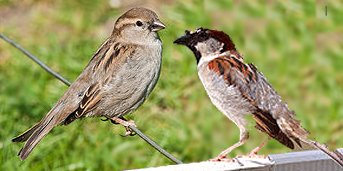In the U.S. today we largely accept and encourage girls’ experimentation with boy-coded things, but we are still extremely ambivalent, if not downright condemnatory, of boys experimenting with girl-coded things.
This excerpt from an Ann Landers advice column from 1974 shows that Landers had the same asymmetrical concerns almost 40 years ago.
The parents ask about the sex-crossed play behavior of both their daughter and their son, but Landers fixates on the son, suggesting that if he continues such play he should get checked out.
From Ms.
Lisa Wade, PhD is an Associate Professor at Tulane University. She is the author of American Hookup, a book about college sexual culture; a textbook about gender; and a forthcoming introductory text: Terrible Magnificent Sociology. You can follow her on Twitter and Instagram.









